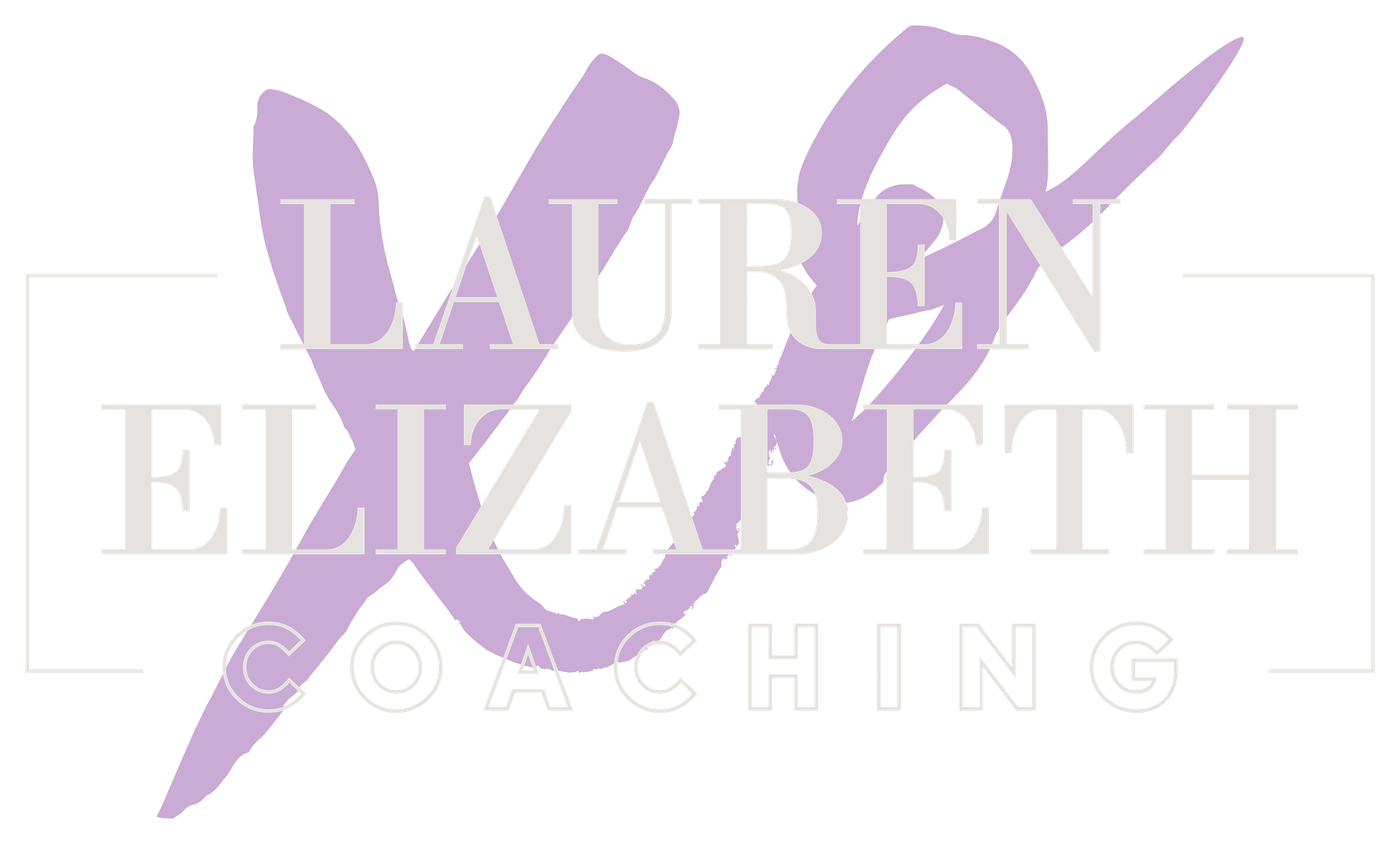Hey there,
Just so you know, this is probably the most important post I’ve ever written. And it’s all about privilege.
Whether you recognize it or not, your race, gender identity, sex, and social class determine the level of privilege you receive in the current system.
But what is privilege?
What does it mean to have it?
And how does it impact the way you move through your life?
To ensure that we are on the same page here, let’s go ahead and define privilege:
Privilege is “a certain entitlement to immunity granted by the state or another authority to a restricted group, either by birth or on a conditional basis.”
In other words, it’s an advantage that is given to you (or not given to you) based on your social identities.
Often, when people hear the word “privilege” they immediately think of white privilege, or male privilege. And while those are two very real categories in this conversation, it’s so much more than that.
Privilege exists on a spectrum. And it’s really hard to see it when it’s yours.
This conversation about privilege is not meant to diminish how hard you have worked, or the hoops you’ve had to jump through to get where you are. If fact, it’s more about the hoops that you haven’t had to jump through.
Just to be clear…
It doesn’t mean that you haven’t struggled. It doesn’t mean that your family was wealthy. And it doesn’t mean that things will always go your way.
Here are some of the ways privilege might show up in your life:
-having access to clean, running water in your home
-being able to read + write
-feeling safe when you walk in your own neighborhood
-seeing people who look like you in movies, tv shows, and magazines
-fitting into the dominant culture without consciously + radically changing your identity
Let’s use me as an example.
I identify as a white, able bodied, cis-gendered, college educated woman from the United States. This does not say a ton about who I am, but it does describe how society perceives me.
And because of the way society perceives me, I receive access to resources and opportunities that may not be available to a black woman.. a trans woman… an indigenous person… or someone with a disability. (Only to name a few.)
But why do I get privileges while folks with marginalized identities are left out.
It’s not because I am more intelligent, more talented, or more dependable than them.
I receive more privilege, because my identity fits nicely with the values of the “mainstream” culture and the ruling class.
This is called Cultural Bias.
So let’s break down this concept of ‘cultural bias’ because it is a key element to understanding privilege on a deeper level.
Cultural Bias is defined as the phenomenon of interpreting and judging the world by standards inherent to one’s own culture.
And while it’s difficult to get outside of our own biases, we have to try. Why? Because otherwise we end up falling into the trp of judging the scope of human diversity against a single cultural lens that has been created by the media and the ruling class.
Cultural biases lead to self segregation and can contribute to a blindness towards other people’s lived experiences. They cause us to believe that OUR version of truth is the only version.
And HERE is why I called this the most important post I’ve ever sent:
When we fail to name + own the privileges that have been granted to us by the racist, sexist, classist society that we live in, we are upholding the values of that system. And by upholding that system, we are contributing to injustice and inequality.
We may not have control over how society perceives us or the privileges that we receive, but we can be a part of the movement that builds a new culture based on equitable access to resources and opportunities.
And when we identify + own the privileges we carry, we are able to leverage them in support of those who haven’t been granted access to the same advantages.
We can use our privilege to change the culture and elevate the people who have been marginalized by society.
Now you might be wondering “How can I use my privilege to make a difference?”
Well here are a few practices I have gathered and regularly share with my clients:
1. Use your platform to elevate the voices of those less privileged than you.
In a Keynote address on dismantling white supremacy, Ebony Janice Moore shares this simple yet powerful way of using privilege to support marginalized folks. She says “Pass the Mic”. When you walk into a room, notice who in that space may be the least advantaged based on the way society perceives them. Let them speak first. Allow their perspectives to lead the conversation.
2. Support + learn from people with marginalized backgrounds.
Black women, Indigenous people, the LGBTQ community, and folks with disabilities are the least represented groups in the media and in positions of power. Carve out time to seek out their work and support their message.
3. Speak up when you see injustice in action.
When you see someone causing harm, in person or on social media, take a stand. Often it takes someone with the same or similar level of privilege as the person who is causing harm to stop the interaction. Be an active ally, not an inactive bystander.
4. Have the difficult conversations.
Sometimes privilege can be hard to see when it belongs to you. The same goes for your friends and family. When they’re being blind to their own privilege, take time to talk to them about how their beliefs, behaviors, and actions are causing harm. And don’t leave them hanging after you’ve blown their mind. Give them tools and help hold them accountable as they integrate this new level of awareness.
5. Stay open + keep learning.
Waking up to your privilege can take time. Do your best to continuously check in with yourself. Learn about how different identities experience the world. And keep working to include them in your work for justice + liberation.
If we are going to move towards a more just society, we need to be willing to shift the cultural narrative so marginalized folks can get the resources they need to thrive.
It’s up to those of us who have been granted societal privilege to demand the changes that will serve all the people in our global community.
And if we commit to using our privilege to fight for justice and equity, then one day we will all be free.
Love + Liberation
Lauren Elizabeth
Want more? Click here to receive my weekly Liberation Letters straight to your inbox.

